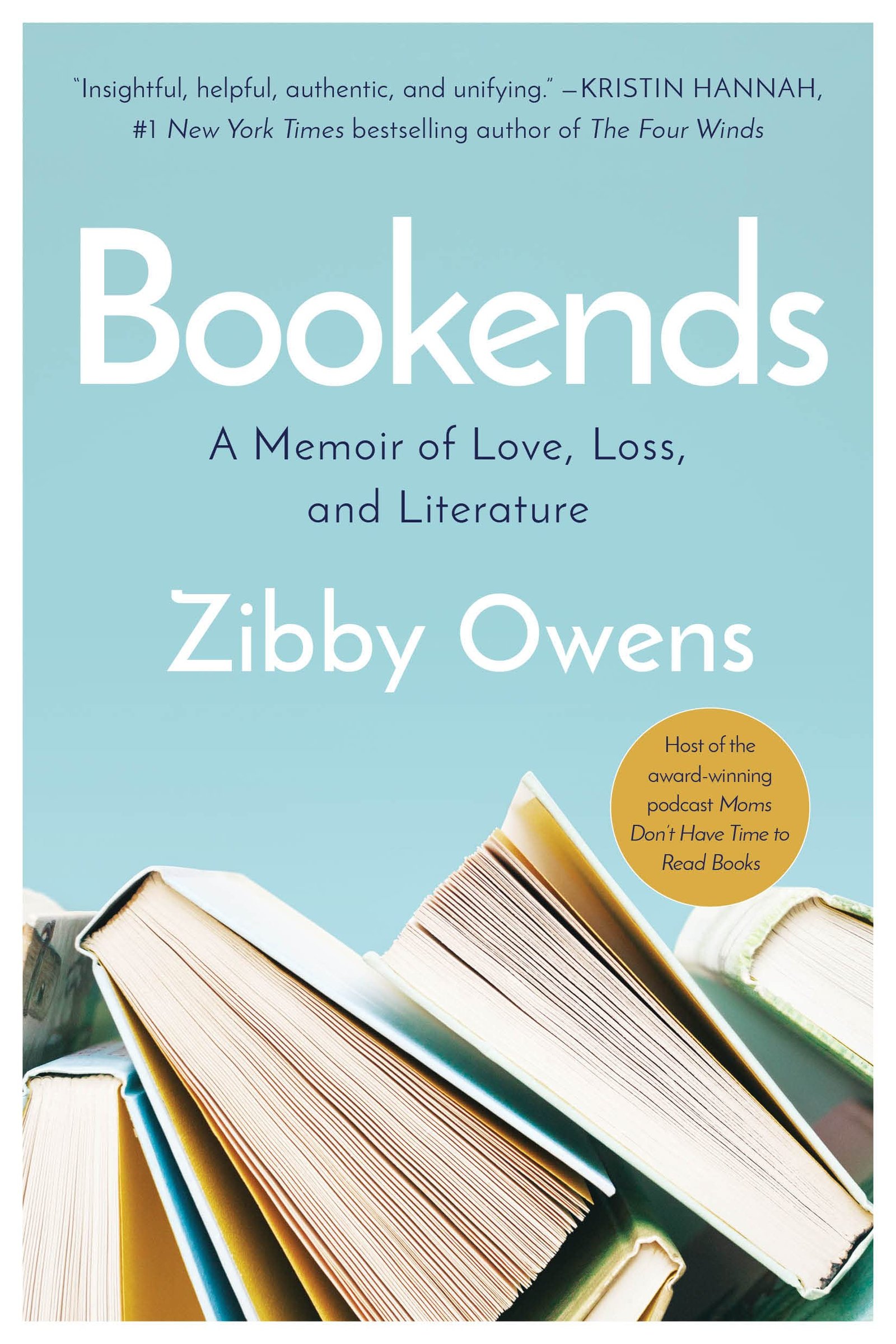
30 Jun Book Review of Bookends: A Memoir of Love, Loss, and Literature
Bookends: A Memoir of Love, Loss, and Literature – A Tangled Journey of Privilege and Introspection
When I first stumbled upon "Bookends: A Memoir of Love, Loss, and Literature" by the author, I was intrigued. A memoir that weaves in themes of love and literature offers a promise of rich introspection and heartfelt storytelling. After all, isn’t literature often our best lens for understanding the complexities of life? However, my excitement quickly waned as I delved deeper into the pages of this book, leaving me with a mixture of confusion and disappointment.
From the outset, the memoir feels less like a profound exploration and more like an unfiltered stream of consciousness, laced with notes of frustration and entitlement. The author, who clearly hails from a background of privilege, seems to grapple with the pressures of her professional life and personal relationships without offering substantial insight into her journey. Instead, we’re presented with a series of events and complaints, where the narrative swings between naming dropped celebrities and the state of her love life, often without context or clarity.
One of the major themes that struck me was the pervasive sense of disconnection. The author discusses formative moments, such as her divorce and her relationships, yet assumes the reader is already privy to the intricacies of her life. For instance, when she begins anew with her second husband, I found myself confused, questioning if I had missed the revelation of her divorce. The storytelling sometimes resembled a list: “I read this book, had that relationship,” rather than a contemplative journey reflecting on those experiences’ significance.
The writing style felt scattered, with pacing that often jerked between nostalgic recollections and abrupt transitions. I wanted to feel the weight of her experiences, to understand how the literature she cherished impacted her—perhaps illuminating her own identity or struggles—but it instead often felt like a collection of book titles without the accompanying depth. The author’s trope about busy mothers felt repetitive and somewhat dismissive—there are myriad ways to be busy in life, and it’s not unique to motherhood. It’s disappointing when such an important part of the narrative is reduced to a cliché.
Moreover, while the idea of starting one’s own company and the accompanying entrepreneurial struggles are inherently interesting, the memoir lacked concrete details or revelations about what set her journey apart. The title drops were unaccompanied by a deeper examination of why those authors or their works mattered, leaving me hanging for insight that never came.
Despite the challenges I encountered in engaging with this memoir, I believe that readers already acquainted with the author’s public persona—perhaps as a New York socialite or literary figure—might find a different resonance here. For me, however, the experience became frustrating rather than enlightening. It made me reflect on how privilege can cloud genuine self-examination and how even life’s most tumultuous moments can be distilled into grievances rather than narratives of growth.
In conclusion, "Bookends" might appeal to fans of the author or those intrigued by glamorous tales of socialites. Yet, for readers seeking deep introspection and exploration of literature’s role in personal development, this memoir may leave you feeling unsatisfied. The reading experience prompted me to ponder the complexities of authenticity—sometimes, even the most privileged lives can feel shockingly out of touch. As I close this book, I’m left yearning for a narrative that dives deeper and offers more profound insights into the paradoxes of love, loss, and the literary life.
Discover more about Bookends: A Memoir of Love, Loss, and Literature on GoodReads >>









